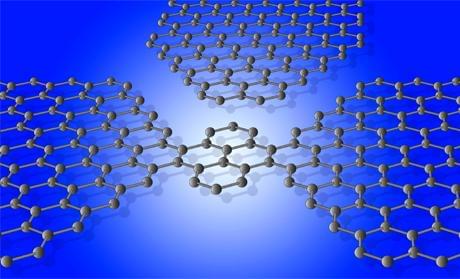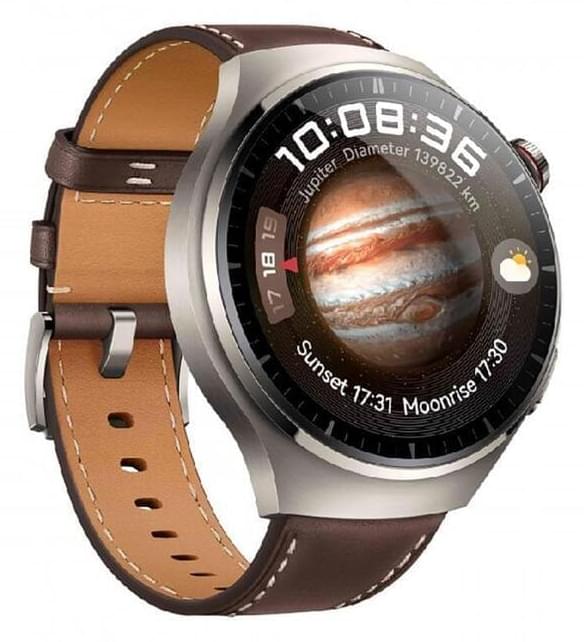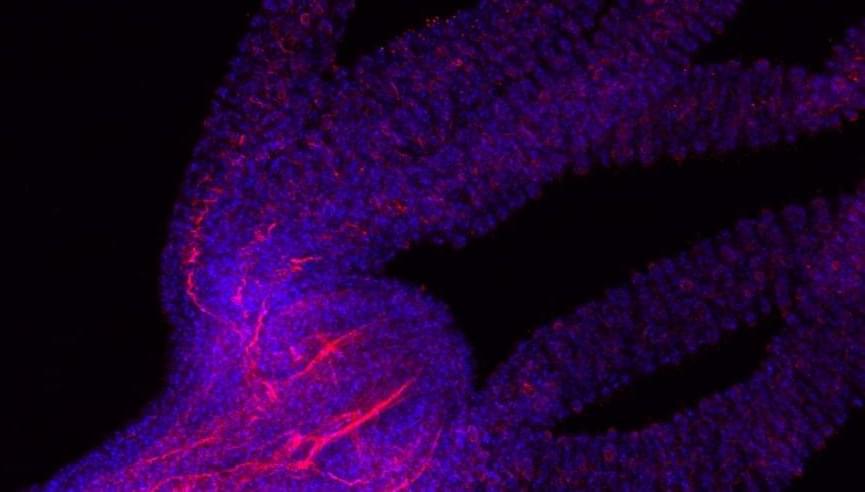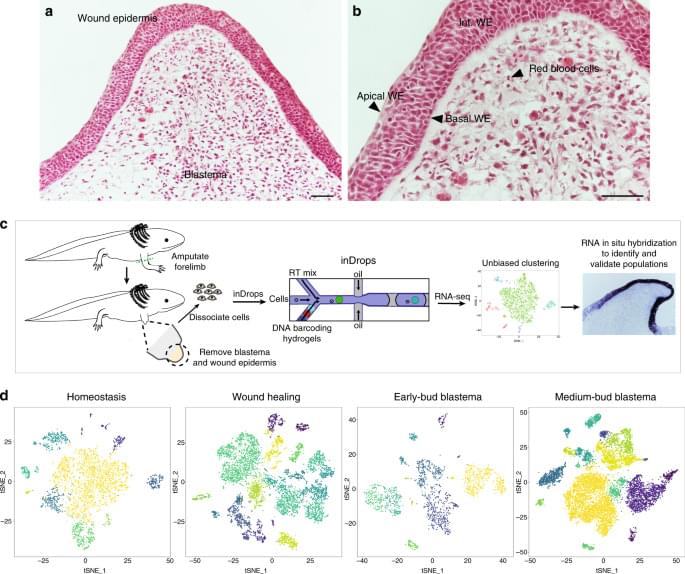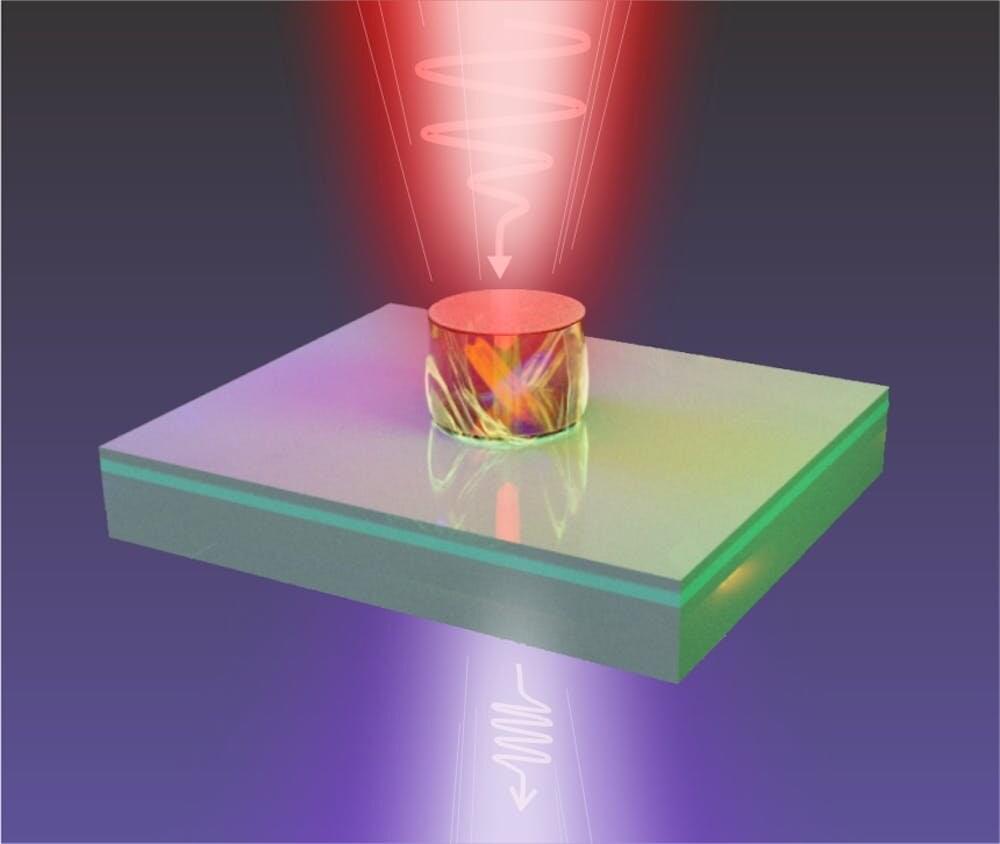May 23, 2023
Generative AI Is Stoking Medical Malpractice Concerns For Medical Doctors In These Unexpected Ways, Says AI Ethics And AI Law
Posted by Gemechu Taye in categories: biotech/medical, ethics, law, robotics/AI
In today’s column, I will be examining how the latest in generative AI is stoking medical malpractice concerns for medical doctors, doing so in perhaps unexpected or surprising ways. We all pretty much realize that medical doctors need to know about medicine, and it turns out that they also need to know about or at least be sufficiently aware of the intertwining of AI and the law during their illustrious medical careers.
Here’s why.
Is generative AI a blessing or a curse when it comes to medical doctors and the role of medical malpractice lawsuits.

